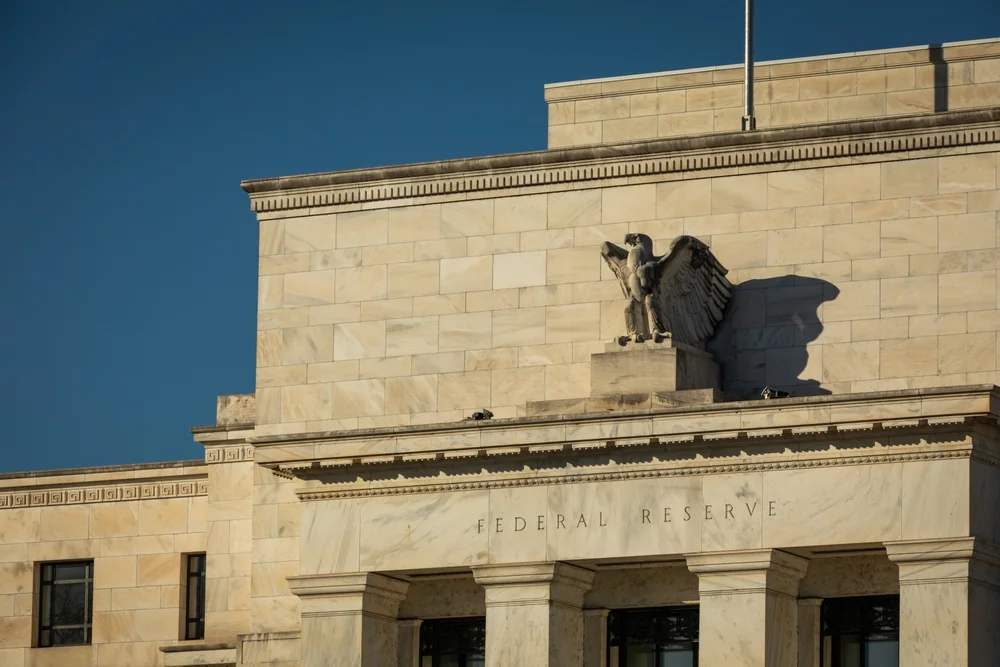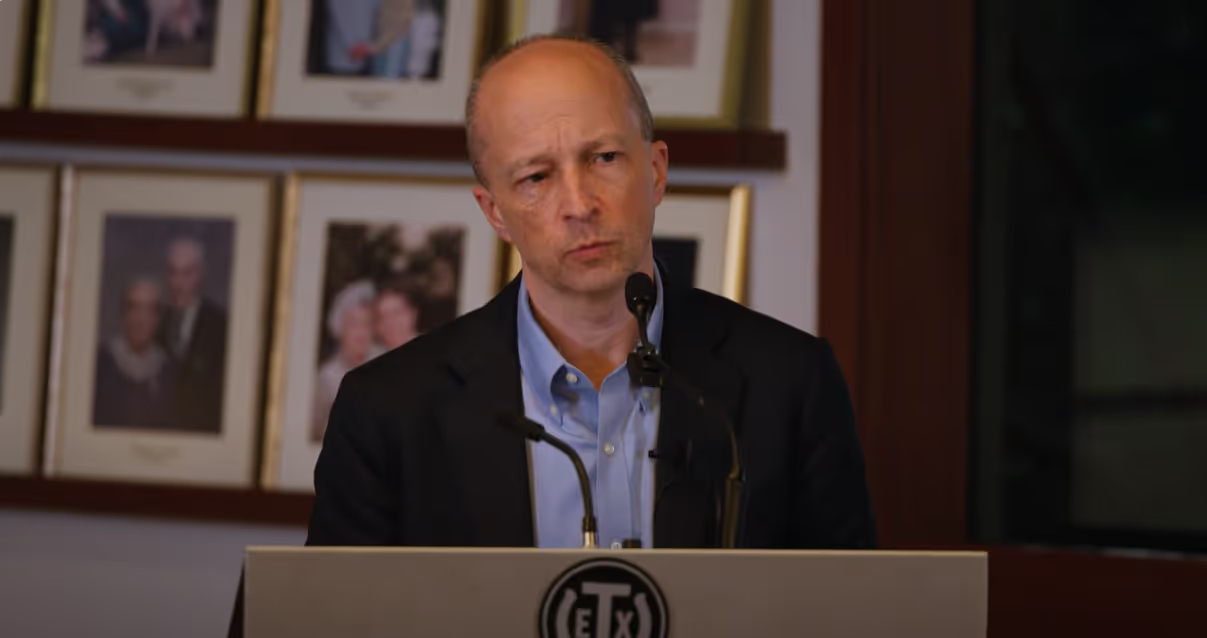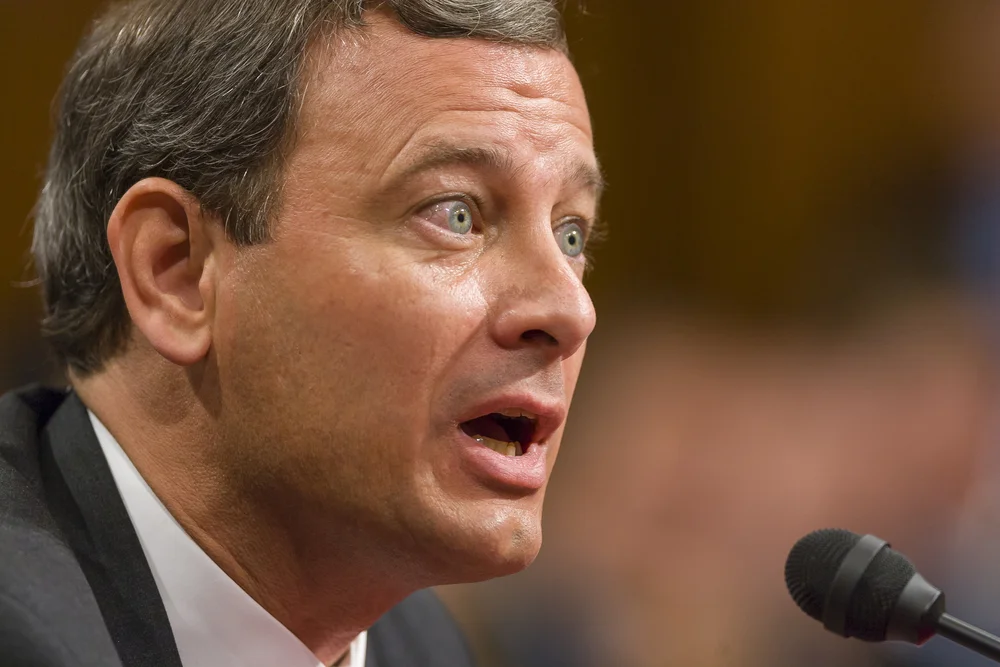
Epstein & Yoo: Amicus Brief in Supreme Court of Maryland
Civitas Senior Research Fellows Richard Epstein and John Yoo, alongside the Mountain States Legal Foundation, filed an amicus brief in the Supreme Court of Maryland.
In the brief, the authors argue that decisions about nationwide climate policy should be made at the federal level, not by individual state courts. Allowing Maryland courts to decide this would let one state set climate policy for the entire country.
Summary of the Argument
If the climate is changing, then the Nation should decide how to address it. See City of New York v. Chevron Corp., 993 F.3d 81, 91 (2d Cir. 2021) (“[T]he question before us is whether a nuisance suit seeking to recover damages for the harms caused by global greenhouse gas emissions may proceed under New York law. Our answer is simple: no.”) (New York). The plaintiffs/appellants see things differently, but for the reasons discussed below, they are wrong.
No matter how they try to mask their aims, the plaintiffs/appellants want to misuse the settled laws of nuisance and misrepresentation against the defendants in these cases to set nationwide climate policy, all in violation of federal law and sound tort principles. And until rebuffed by the two Maryland trial courts giving rise to this appeal, the plaintiffs/appellants plowed forward despite U.S. Supreme Court precedent to the contrary. But while local governments continue to willfully ignore the U.S. Supreme Court and, by extension, the Constitution, the law in this area is clear: Congress displaced local attempts to address nationwide climate issues in the Clean Air Act (CAA). See American Electric Power v. Connecticut, 564 U.S. 410, 422–23 (2011) (AEP). As the Nation decides how to address changes in the global climate, its choices—including deciding as a Nation not to act—will have nationwide effects. This Court should reaffirm the lower court decisions (at E.1–34, E.1374–1391) that prevent these plaintiffs/appellants in one state from trying to set climate policy for the Country, using only a set of boilerplate allegations. Regardless of one’s political views about it, regulating the global climate is improper for local tort law.
At bottom, the plaintiffs/appellants say that the defendants “knew” that their fossil fuels were altering the climate, only to conceal the truth from consumers in Maryland and elsewhere, and they further claim that the defendants’ conduct led to an increase in greenhouse gases, which in turn raised temperatures throughout the Nation. Nonetheless, the trial courts properly refused to let the cases go to trial on such unprecedented misrepresentation and nuisance theories.
This Court should affirm the trial courts for at least two reasons. First, the trial courts rightly recognized that federal law preempts all state law, Maryland’s common law included, on the claims that the defendants’ air pollution contributed to climate change. The trial courts held, consistent with AEP, 564 U.S. at 422–23, that the Clean Air Act preempts judge-made federal common law causes of action for that sort of alleged injury. E.18–19; E.1384–86. Second, the trial courts rightly rejected the unprecedented and unmoored tort theories of nuisance and misrepresentation (or “failure to warn,” “trespass” etc.—the gravamen of each claim in each case sounds in misunderstood theories of nuisance and fraud) that do not meet the basic requirement that the defendants must have made a material misstatement or omission on which the plaintiffs actually and justifiably relied to their detriment and somehow invaded their properties too. See E.13–14; E.1383 (folding misrepresentation claims into the preemption analysis). In each case, the widespread production of information about global warming means that no one—in law—could hold the defendants responsible when none of the defendants’ marketing materials were directed to Maryland consumers (let alone read by them) or made any claims about global warming.
Read the Brief
Access the full text of this amicus brief by clicking the button below.
Constitutionalism

Amicus Brief: Hon. William P. Barr and Hon. Michael B. Mukasey in Support of Petitioners
Former AGs Barr and Mukasey Cite Civitas in a SCOTUS Brief

Rational Judicial Review: Constitutions as Power-sharing Agreements, Secession, and the Problem of Dred Scott
Judicial review and originalism serve as valuable commitment mechanisms to enforce future compliance with a political bargain.

Supreme Court showdown exposes shaky case against birthright citizenship
Supreme Court will hear challenges to Trump's order ending birthright citizenship, testing the 14th Amendment's guarantee for babies born in America.

Why Is the Federal Reserve Special — and Just How Special Is It?
How does the Fed fit into the Court's reform of the administrative state?

Kneecapping Powell, Undermining the Rule of Law
Donald Trump and conservatives know the perils of lawfare all too well. Why subject Jerome Powell to the same thing?
.avif)


.avif)
.avif)






.avif)
.avif)


%20(1).webp)


